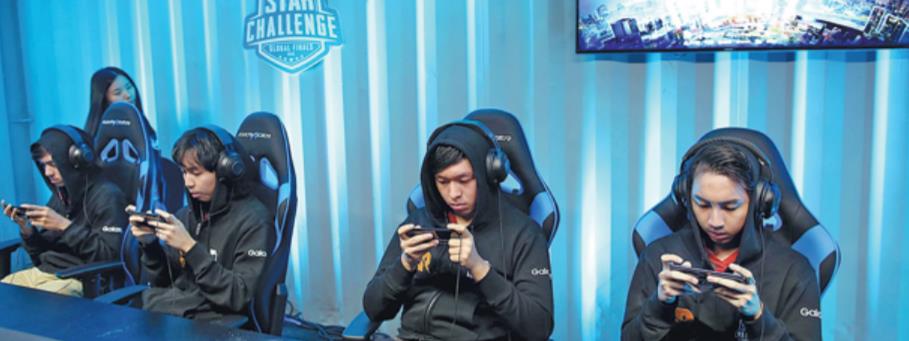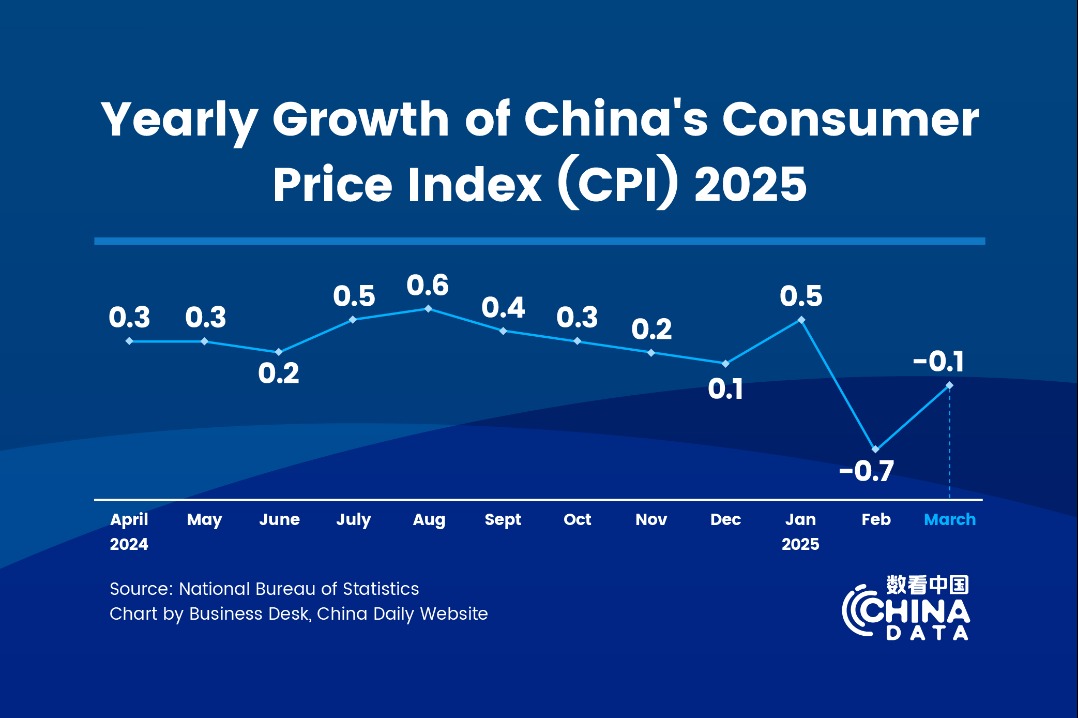Esports players set hot pace in Southeast Asia


Esports are multiplayer video games played in front of spectators. Professional teams frequently compete.
Yee is grateful to the sultanate's Ministry of Culture, Youth and Sports for supporting the formation of an esports association, and to local companies that have sponsored tournaments.
"We hope we can repay this support by winning medals for the country as well as producing competitive players for a professional team in the near future," he said.
Insiders said the debut of esports as a medal event at the 2019 Southeast Asian Games in Manila, the Philippines, boosted regional interest in the industry. The Games ran from Nov 30 to Dec 11.
Alvin Juban, the Philippines' esports national team manager, said, "The successful hosting of esports at the SEA Games was a bright spot in the digital history of the Philippines."
He expects more high-profile tournaments to be held in the region.
Muhammad Farouq, head of communications at the National Esports Association of Malaysia, said, "More participation will be encouraged, for sure." Also known as Esports Malaysia, the association is the national governing body for electronic sports and is registered with the Malaysian Sports Commission.
Farouq said it will require a collective effort to gain the confidence of the government and private sector to take a serious look at esports, as it is still a relatively new industry.
According to global market research company Niko Partners, esports is the "leading driver of growth" in the games industry in Southeast Asia. It said 95 percent of gamers in the region play esports on personal computers.
The company forecasts that PC and mobile games revenue for Southeast Asia and China's Taiwan will grow from $5 billion last year to more than $8.3 billion in 2023. The number of mobile gamers is expected to rise from 227 million last year to 290.2 million in 2023, while the number of PC gamers is predicted to grow from 154.3 million last year to 186.3 million by 2023.
Niko Partners said the popularity of esports has boosted purchases of personal computers, gaming hardware and accessories. Meanwhile, internet cafes have invested in high-quality PCs and accessories to attract players.
Game publishers' revenues continue to rise through tournaments, prize pools and franchised leagues. Niko Partners cited Singapore technology company Garena, which has organized international tournaments, boosted revenue and encouraged more people to take up esports.





































